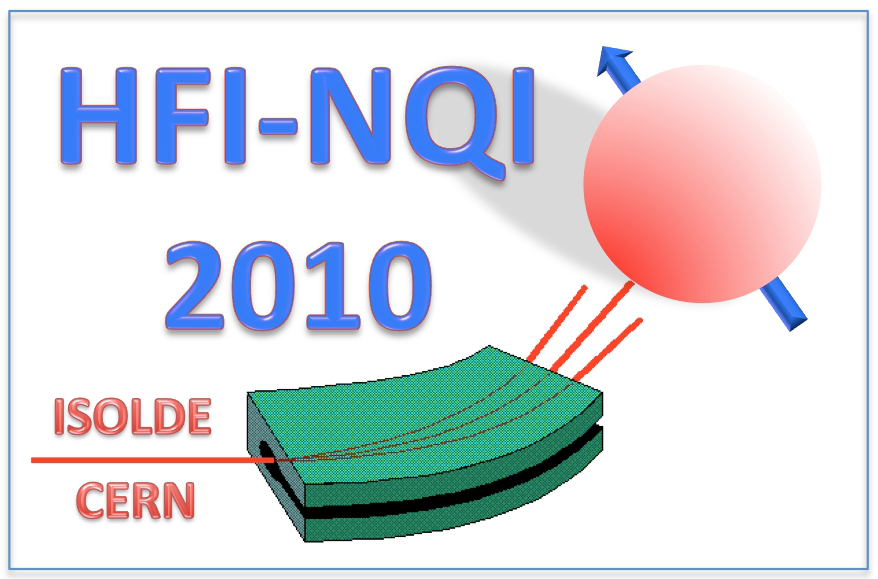Speaker
Prof.
Gregory Furman
(Ben Gurion University)
Description
Quantum systems in an entangled state [1] can be used as a primary quantum information channel to perform computational [2], communicational [3], metrological [4, 5] and cryptographic tasks that are impossible for classical systems. These possible applications of entangled quantum states stimulate intensive research in the fields of generation and manipulation of them. Entangled states may appear in various systems of interacting quantum particles, such as phonons, ions, electron, nuclear spins, and of a single particle interacting with environment.
We study entanglement between quantum states of multi level spin system of a single particle considering a nucleus with spin 3/2 in both the internal electric field gradient and the external magnetic field. It was shown that entanglement is achieved by applying a magnetic field to a single particle at low temperature ( 5 mK). In this temperature range, the numerical calculation revealed the coincidence between magnetization and concurrence. As a result, the magnetization can be used as an entanglement witness for such systems.
1. C. H.Bennett , G.Brassard , C.Crepeau , R.Jozsa , A.Peres , and W. K.Wootters , Phys. Rev. Lett. 70, 1895 (1993).
2. C.H. Bennett and G.Brassard , Proceedings of IEEE International Conference on Computers, Systems and Signal Processing, Bangalore, India, pp. 175-179, December 1984.
3. P.Shor, in Proceedings of 35th Annual Symposium on the Foundations of Computer Science (IEEE Computer Society, Los Alamitos, CA, 1994), p. 124-134.
4 P. Cappellaro , J. Emerson , N. Boulant , C. Ramanathan , S. Lloyd , and D. G. Cory , Phys. Rev. Lett., 94, 020502 (2005).
5 C.F.Roos, K.Kim, M.Riebe, R. Blatt, Nature 443, 316 (2006).
Summary
It was shown that entanglement can be achieved by applying a magnetic field to a single spin 3/2 at low temperature. The concurrence is well fitted by a linear dependence on the magnetization in the temperature and magnetic field range up to a deviation of the magnetization from Curie's law and, following, the magnetization can be used as an entanglement witness for such systems. The dependence of the concurrence on the orientation of a sample relative to the external magnetic field opens a way to control the entangled state.
Author
Prof.
Gregory Furman
(Ben Gurion University)
Co-authors
Dr
Victor Meerovich
(Ben Gurion University)
Dr
Vladimir Sokolovsky
(Ben Gurion University)
